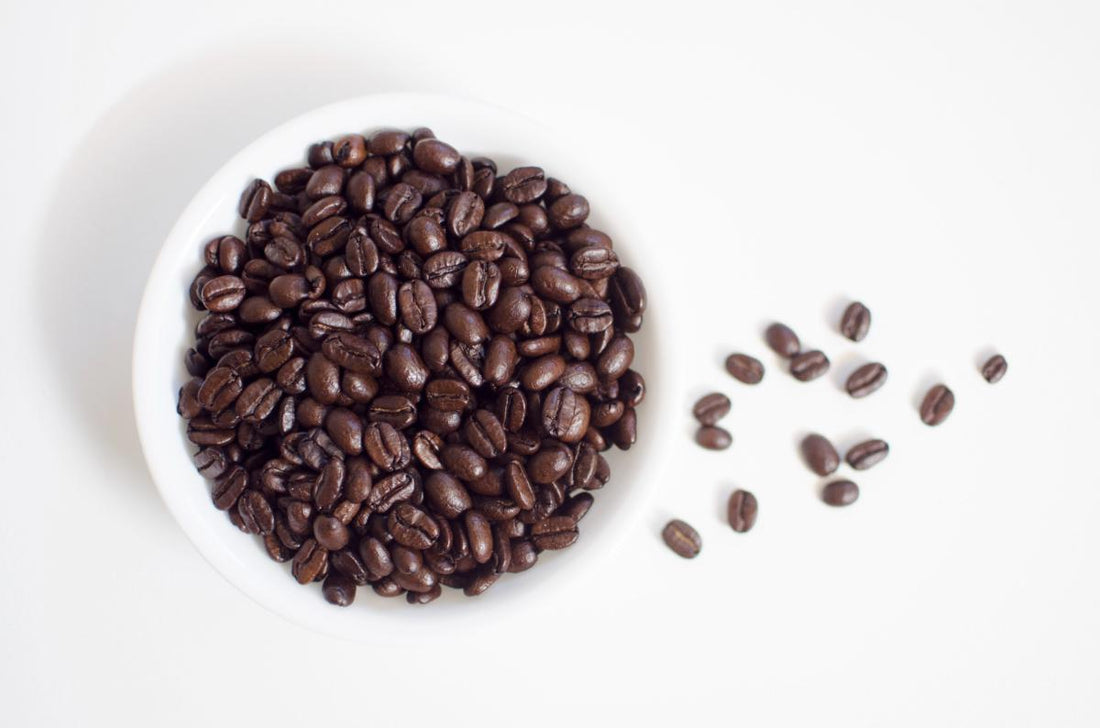What are the differences between blends vs single origin coffees?
- Flavor profile
- Purity
- Consistency
- Brewing
“Single origin” and “blend” are two markers that you have noticed on our products. If you’re new to the world of specialty coffee, you may also be unfamiliar with the distinction between the two.
However confusing these terms may seem, fear not. There are actually a few simple differences when it comes to blends vs single origin specialty coffee. We encourage you to dive into the topic, and learn which one to pick.
A Quick Overview
Blends have been around for years, and are consumed worldwide. A specialty coffee blend is exactly what it sounds like: a mix of different varietals from different regions around the globe. As long as it uses more than one type of coffee bean, it’s considered a blend.
Single origin coffee is made from beans that strictly come from one source only. This means it comes from the same country, down to the same lot of land on a coffee farm. Single origin = only one specific type of bean.
Flavor Profile
At the most basic level, a coffee blend combines beans from several sources to achieve unique flavors, sweetness, acidity, body, and other primary attributes. At Plain Sight Coffee Roasters, our coffee blends are the result of extensive experimentation and fine-tuning to join different but desirable flavor profiles. As a result, we create a complex and interesting harmony between the various coffee beans used.
On the other hand, single origin specialty coffee has some of the most original and unaltered expressions out there. This is because a single origin coffee only uses a specific type of bean. Each bean was grown, harvested, and processed in the same conditions. As a result, they tend to have a more exotic, bolder, and robust flavor profile.
Purity

Because blends are made up of beans from different varietals and origins, purity is not something you can expect from this type of specialty coffee. However, because roasters personally pick out the beans they use for their blends, you can expect that there are fewer discrepancies in quality.
Single origin coffees are popular due to their purity, and subsequently their ability to tell a story about their origin. Because single origins don’t have anything else to be paired with, the coffee’s innate flavors and aromas are fully exposed.
However, this purity can be a double-edged sword. While most single origin specialty coffees are high-quality — like the ones we offer in our store — an individual bean from a bad batch can spoil the taste of single origin coffees.
Consistency
Each time a roaster wants to make a new batch of their signature blends, they have to source the same varietals and origins of coffee beans. These are then mixed in very precise measurements to ensure that the flavor profile is more or less the same in every batch. This consistency is ideal for those who want to find their niche and stick to a routine with their coffee.
For those who are interested in unique tasting experiences every time they make another cup of coffee, then single origins may be the one to try. With single origins, you taste the raw, unfettered flavors and aromas.
Brewing

Blends are complex things — rich, confident, and more than ready to be pushed to the limit with hard brewing methods. Because they’re handcrafted, they tend to be less delicate. They are particularly suited for making espressos and cafe drinks. They work with the addition of steamed milk, revealing many layers of flavor, from the fruity aroma to the earthy aftertaste and so on.
Clear, robust flavors are the selling point of single origin specialty coffee. Hence, we recommend brewing with softer methods, such as a pour-over or an Aeropress. By using these methods, you’re able to gently bring out the beans' true colors. Another thing to note is that they can become dulled against milk, sugar, and syrups, so we highly recommend against using such additives.
Which Is Right For You?
Because everyone has their taste preferences, it’s up to you whether blends or single origin coffees are the “right” choice for you. To help, we’ve summarised a few of our points:
- If you want a well-rounded, reliable coffee you can enjoy for several batches, pick a specialty coffee blend.
- If you’re interested in experiencing the unique characteristics of various coffee varietals and origins, then single origin coffees may be ideal.
- If you’re relatively new to specialty coffee and want something approachable and dependable to build your palate with, then go with a blend.
- If you’re more experienced and want to learn more about very specific flavors, such as pomegranate, nutmeg, or molasses, then single origins will deliver them more powerfully than blends.
Key Takeaway
When considering your options for specialty coffee, one thing is for certain — each type has its strength and is not better than another. Blends vs single origin coffees both have a lot to offer, and picking one boils down to personal preference.
We invite all of our readers to try both — take a look at our catalog, and order something new today! Trying our specialty coffee made and sourced from various regions and varying flavor profiles can help you venture further into the world of coffee.



